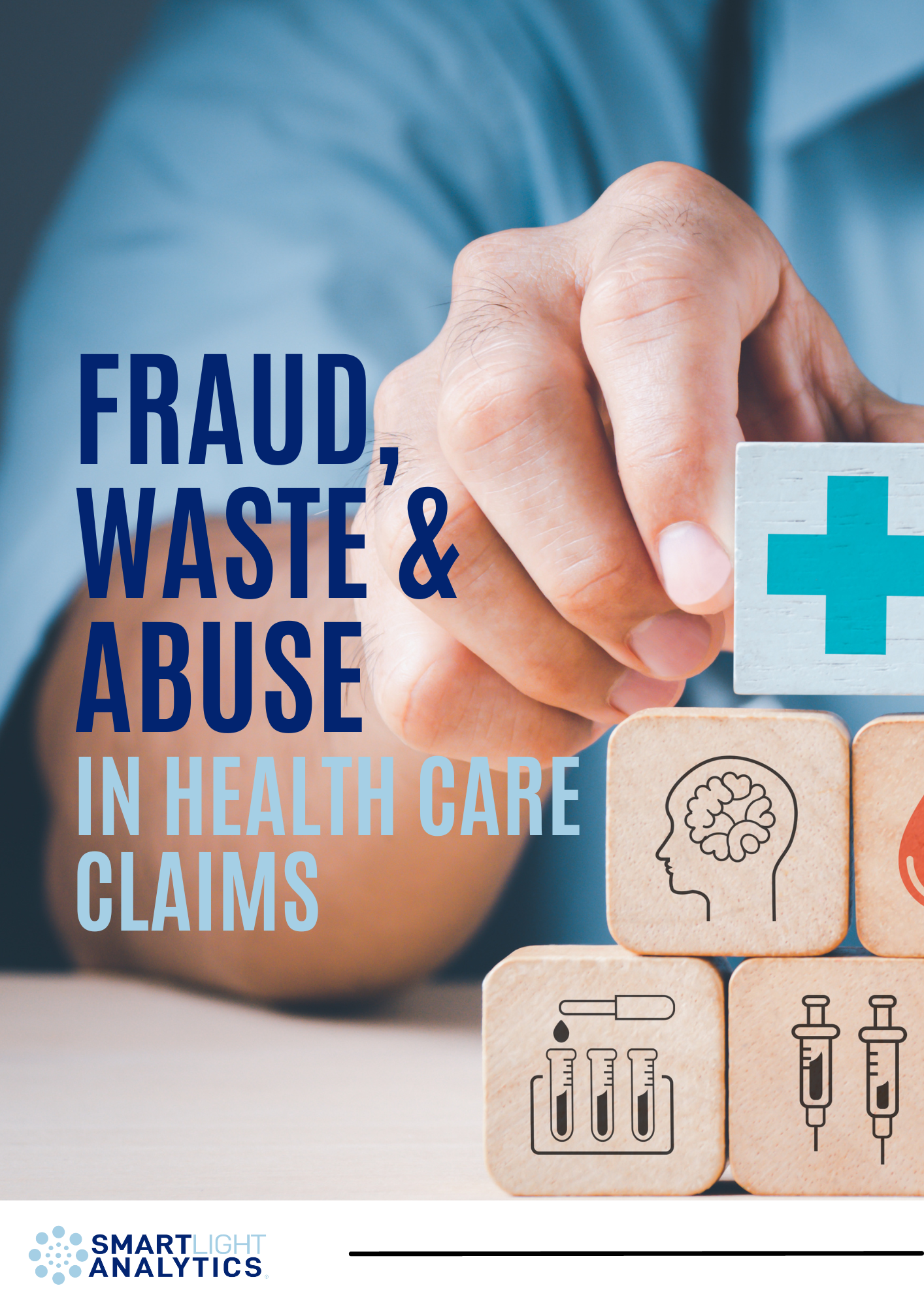Frequently Asked Questions
A. The primary difference between fraud compared to waste and abuse is intent and knowledge. Fraud is the intentional deception or misrepresentation of claims and services for financial gain. Waste and abuse in health care involves billing for services that are not medically required and result in unnecessary costs to the health care program but do not have the same intent and knowledge.
A. The National Health Care Anti-Fraud Association (NHCAA) estimates the losses due to health care fraud are in the tens of billions of dollars each year. Some experts place the total as a high as 10% of the annual health outlay. Employers can find it difficult, if not impossible, to find fraud, waste or abuse just by reviewing employee health care claims. Not only does the complex medical coding system make health care claims indecipherable to those on the outside, but these abuses can also be extremely hard to identify when unscrupulous providers are constantly finding new ways to beat the system. Wasteful spending and abuse remain undetected most of the time because employers seldom have the resources to comb through all the data consistently. SmartLight’s proprietary solution is the key to finding the hidden fraudulent or wasteful spend in employers’ health care data.
A: For self-funded employers, the insurance payors or carriers, also called third party administrators (TPAs), process claims for an employer for a fee with the financial risk involved falling on the employer. Much of the processing or adjudication of claims is done automatically without human oversight of each individual claim. As a result, claims containing fraud, waste, and abuse can be processed without anyone – the TPA or the employer – noticing. If the claim is technically correct, it is automatically processed and paid. While TPAs can identify the most egregious fraud issues, it can still take years for an open investigation of a fraudulent provider to conclude, resulting in likely overpayments never getting recouped. There is no one focused on the specific issues in your data and stopping wasteful spend immediately.
Self-funded employers are now finding that TPAs are offering an additional service to go back through claims to audit them for fraud, waste, and abuse. However, this is a case highly fraught with conflict of interest. Read more about this topic.
A. Examining exactly where health care dollars are spent is not just a budget management or cost-saving practice for businesses anymore. As plan sponsors are reminded often, it is also a fiduciary responsibility under the Employee Retirement Income Security Act (ERISA). Under ERISA, employers are accountable for spending employee health care contributions as well as the employer’s contributions with the care, skill, and diligence of a prudent person.* ERISA guidelines for prudent oversight of a health plan are relatively vague, but there are best practices that not only limit fiduciary liability, but also significantly reduce the unnecessary spend of plan assets.
*U.S. Department of Labor. Understanding Your Fiduciary Responsibilities Under a Group Health Plan. September 2015. https://www.dol.gov/sites/default/files/ebsa/about-ebsa/our-activities/resource-center/publications/understanding-your-fiduciary-responsibilities-under-a-group-health-plan.pdf
A. We do not make referrals to claim administrators if we see claims are already being denied by the carrier or TPA.
A. SmartLight does not require a change in member behavior for our solution. We do all the heavy lifting behind the scenes and partner directly with your plan administrator for remediation of any identified overpayments. In specific cases where members have been over-charged for their health care services due to being a victim of fraud, abuse or claim error and the plan administrator reverses the claim payments, money is refunded back to those members through credits documented in their EOB statements.
A. SmartLight delivers a low-touch, high-impact solution directly to self-funded employers. We require an initial 12-15 months of your historical claims data and, thereafter, monthly data files of paid claims for ongoing concurrent reviews. SmartLight works with the standard extract data file from most plan administrators. There is no proprietary or discount information required from plan administrators.
A. The most successful and best results are with those employers who are motivated to ensure claims are paid efficiently and accurately. Employers are expected to empower SmartLight to act as an advocate for them with their plan administrator. SmartLight will defer to the employer’s preference in pursuing issues when there is not alignment between the plan administrator and SmartLight. Clients that are engaged and supportive of SmartLight’s role can be instrumental in closing the gap quickly between identifying the overpayments and real plan savings.
A. SmartLight has licensed private investigators (License #24136801) that initiate research into possible fraudulent providers. Private investigators are educated to probe deeper into suspected fraudulent activity based on established patterns gained through their experience in investigations. This credentialing ensures that our clients have the best research into suspicious claims.

FWA 101
As a self-funded employer, you play a vital role in protecting the integrity of your health care program. In this document you will learn about: the problem of FWA facing employers, differentiating between fraud, waste, and abuse; ;federal laws governing healthcare regulations; what FWA costs your health plan; and how to protect your dollars.


